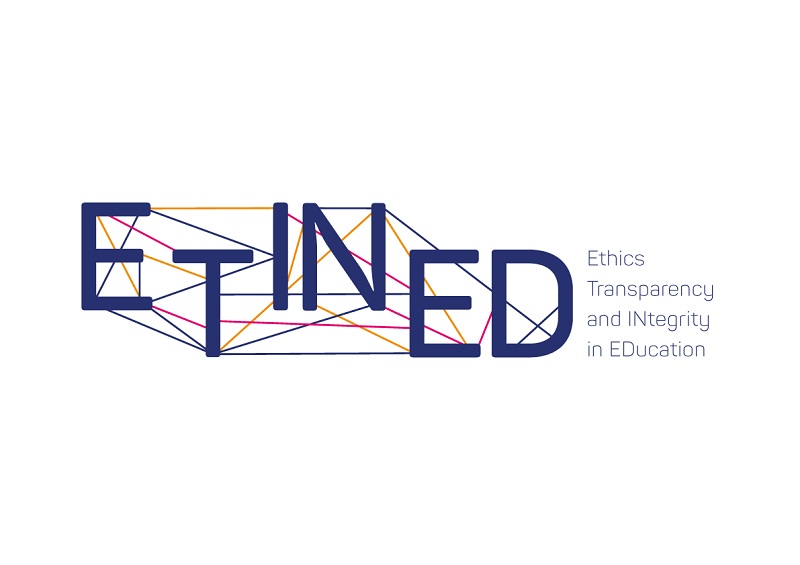About Etined

Corruption can affect all levels of education and in all European countries: from the embezzlement of funds intended for school buildings in pre-primary education to plagiarism in university essays and the selling of diplomas. Examples are numerous,and they can affect any child in Europe at one moment or another of their schooling.
The long-term consequences are disastrous: corruption disrupts citizens’ trust in theschool system and in democratic institutions more generally, resulting in a lack of participation in the democratic process. Corruption can also affect the reputation of a given country at international level.
In April 2013, the Ministers of Education of the 50 States Parties to the European Cultural Convention agreed through the Helsinki Ministerial Declaration to work together on ethics, transparency and integrity in education, for the mutual benefit of all European children, and to set up a Platform to do so. The ETINED Platform is composed of ETINED national delegates and their substitutes designated by the Governments of the States Parties to the European Cultural Convention represented at the Steering Committee for Education (CDEDU).
The Council of Europe has developed comprehensive standards, legal instruments, norms and recommendations to fight corruption through criminal, civil and administrative law, all of which are monitored by the Group of States against Corruption (GRECO). Its Parliamentary Assembly has also set up an alliance of Parliamentarians called the PACE anti-corruption Platform.
The principle of quality education is enshrined in three main Recommendations adopted by the Committee of Ministers of the Council of Europe:
- Recommendation CM/Rec(2012)13 of the Committee of Ministers to member States on ensuring quality education
- Recommendation CM/Rec(2019)9 of the Committee of Ministers to member States on fostering a culture of ethics in the teaching profession
And the most recent one on countering education fraud:



